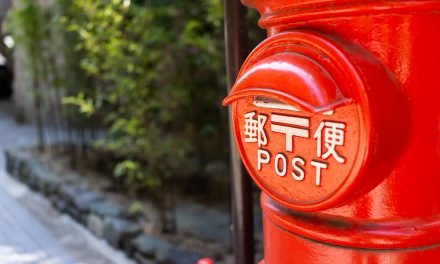
Japan Post’s Ikuta rejects call for abolition of postal savings
Japan Post President Masaharu Ikuta has rejected calls from the Japanese Bankers Association for the abolition of the postal savings system, saying the system is indispensable for maintaining the nationwide postal network.
“Eighty percent of ‘tokutei’ post offices do not conduct mail delivery and they rely on postal savings and ‘kampo’ (life insurance) for most of their revenue,” Ikuta said.
“The postal network can no longer exist if postal savings are abolished,” he said.
The banking sector, a long-time critic of post office financial operations, released its proposal Dec. 24 on ways to privatize the postal corporation, including the abolition of postal savings.
Japan Post was created in April 2003 as a public corporation, taking over the work of the governmental Postal Services Agency, which consists of mail delivery, postal savings and kampo life insurance. The government plans to privatize the entity in 2007.
Among the strong points of Japan Post is the fact that its post offices are located throughout the country, even in the tiniest communities.
Of some 24,700 post offices across the nation, nearly 80% are small post offices known as tokutei post offices dating back some 130 years ago, when the government set up post offices within houses of wealthy local families to save time and cut costs in building a nationwide postal network.
Ikuta was chairman of Mitsui O.S.K. Lines Ltd., a major shipping company, until taking the helm of the mammoth postal organization.
The Japan Association of Corporate Executives (Keizai Doyukai), to which he once belonged, also recently released a postal privatization proposal similar to one issued by the Japanese Bankers Association.
Commenting on this, Ikuta said, “I think economic organizations must have a broad view, not just serving the interests of industries.”












